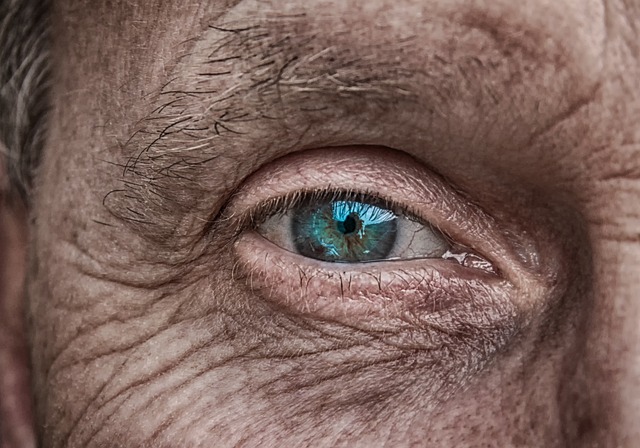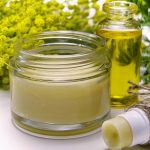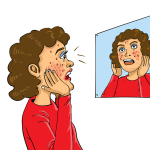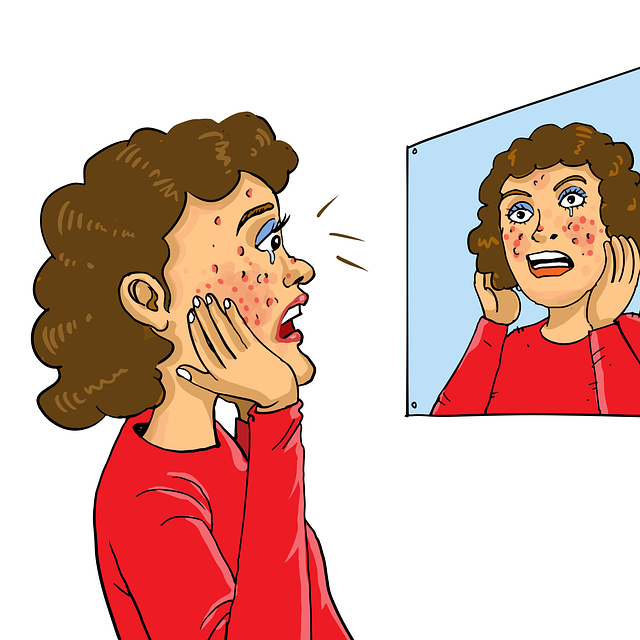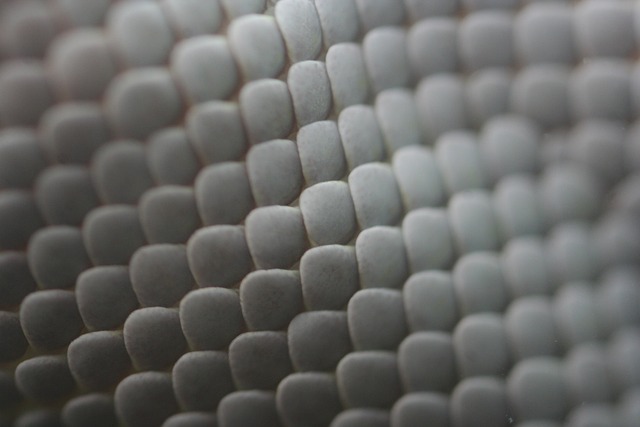Understanding the Difference Between Skin Type and Skin Condition
Regarding skincare, it’s essential to recognize the difference between skin type and condition. Normally in our daily routine communication, we often use these terms interchangeably. They refer to distinct aspects of the skin. The blog article will clarify the confusion between these two terminologies.
Skin Types:
First, skin type refers to an individual’s skin’s inherent characteristics and traits. Genetic factors determine it and remain relatively consistent throughout a person’s life.
There are four primary skin types:
- Normal Skin: A well-balanced moisture level and an excellent oil-water ratio are considered normal. It is neither excessively oily nor scorched, with a smooth texture and minimal sensitivity.
- Dry Skin: This is more famous when there is sufficient moisture, and it tends to feel tight, rough, or flaky. It may have a dull appearance and is more prone to sensitivity and fine lines.
- Oily Skin: Suck skin produces excess sebum, producing a shiny or greasy complexion. It is more prone to clogged pores, acne breakouts, and a thicker texture.
- Combination Skin: That is a combination of having different skin types in other face areas. Typically, the T-zone (forehead, nose, and chin) is oilier, while the cheeks are drier.
So how easily we can Understand your skin type can help guide your skincare routine and product selection. Each skin type has specific needs, and using products suitable for your skin type can help maintain its balance and improve its overall appearance.
Skin Conditions:
While we can say chronic conditions that affect the skin’s health, appearance, or function consider skin conditions entirely different from their type. They can occur in individuals of any skin type and may be influenced by various factors such as genetics, lifestyle, environment, or underlying medical conditions. Some common skin conditions include:
- Acne: It is a chronic inflammatory condition categorized by the formation of pimples, blackheads, whiteheads, and other types of blemishes.
- Eczema: Also known as atopic dermatitis, which is part of a chronic condition that causes dry, itchy, and inflamed skin. It is often associated with allergies or a compromised skin barrier.
- Rosacea: Also part of a chronic inflammatory condition that primarily affects the face, resulting in persistent facial redness, flushing, visible blood vessels, and sometimes pimples.
- Psoriasis. This autoimmune condition in skin care leads to the rapid buildup of skin cells, causing thick, scaly patches on the skin’s surface.
- Hyperpigmentation: We can refer to the darkening of some skin regions due to increased melanin production. Sun exposure, hormonal changes, or inflammation can cause it.
- Dermatitis: This is a general term for skin inflammation triggered by various factors, including irritants, allergens, or contact with certain substances.
Skin conditions may require specific treatment approaches, including topical creams, medications, lifestyle changes, or professional interventions. Always seek a dermatologist or healthcare professional for an accurate diagnosis instead of self-medication at home.

Finally, we want to add a note for our readers about why it is more important to distinguish between these two forms. Understanding the distinction between skin types and skin conditions is crucial for effective skincare. Skin type refers to the inherent characteristics of the skin, including its moisture levels, oil production, and sensitivity. On the other hand, skin conditions are temporary or chronic conditions that can affect the skin’s health, appearance, or function. By identifying your skin type and addressing specific skin conditions, you can tailor your skincare routine and treatments to promote optimal skin health and manage your skincare concerns.
What is the impact of supplements on skin type and skin condition?
Supplements can be supportive in promoting healthy skin by providing essential nutrients that may be beneficial for specific skin types and conditions. A well-balanced diet should be the primary source of nutrients and supplements. Additional measures to address specific deficiencies or support overall skin health. Here are some joint supplements and their potential roles:
1. Omega-3 Fatty Acids: Such ingredients commonly found in the category of supplements contain fish oil ingredients, which are famous for their anti-inflammatory properties. Additionally, it is advisable to reduce inflammation. They can also support overall skin health and hydration.
2. Antioxidants: Such as vitamins C and E, are famous for oxidative stress. They can support collagen production, promote even skin tone, and provide anti-ageing benefits.
3. Biotin: This is also famous as vitamin B whichis includede in keratin production. This is a kind of protein which helps to provide the solid structure of the skin, hair, and nails. Biotin supplements may benefit individuals with brittle nails, thinning hair, or skin conditions that affect these areas.
4. Zinc: It is an essential mineral that is advisable in wound healing, collagen synthesis, and regulating oil production. It may benefit individuals with acne-prone skin due to its anti-inflammatory properties and potential role in balancing sebum production.
5. Probiotics: Supplements contain beneficial bacteria supporting gut health and potentially influencing skin health. Usually, probiotics may help improve skin conditions like acne and eczema by modulating the gut-skin axis.
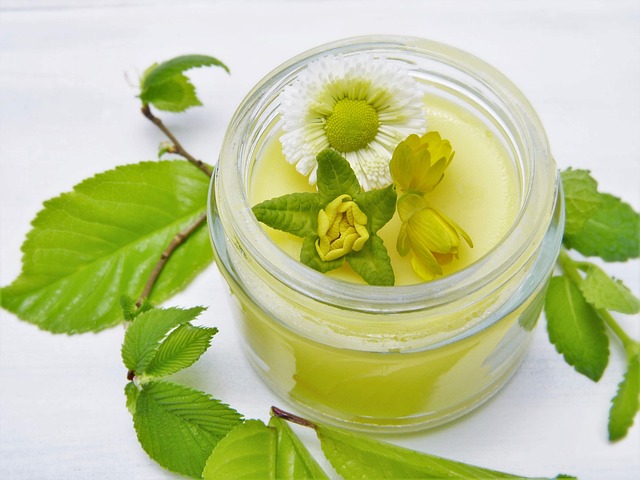
It’s important to note that while supplements may offer potential benefits, they should not replace a healthy diet and lifestyle. Always seek better consultation with a healthcare professional or dermatologist before recommending any new supplements, as they can provide personalised advice based on your specific needs, medical history, and any interactions with other medications or conditions.
Furthermore, it’s essential to remember that supplements are not a one-size-fits-all solution. The effectiveness of supplements may vary depending on individual factors, and results may take time to manifest. Well, a balanced diet is part of an appropriate skincare routine. Lifestyle modifications and professional guidance are crucial for optimal skin health.
All information material is in copyright protection, so it is mandatory to share along with an acknowledgement to “almost buy.com
